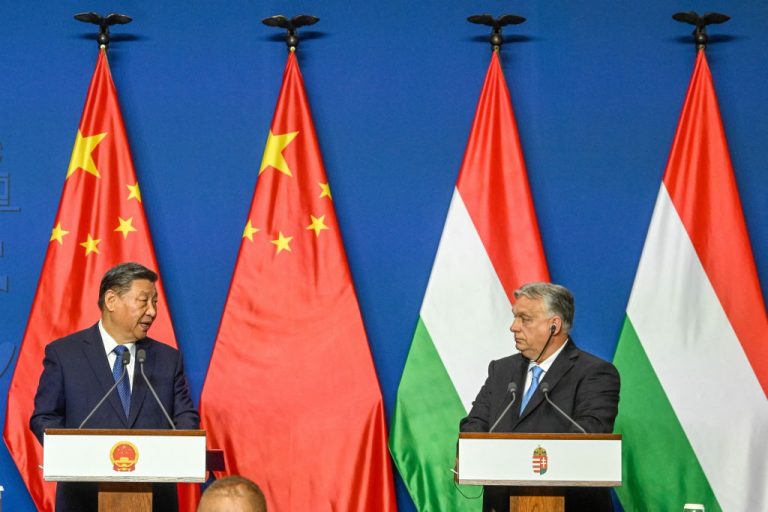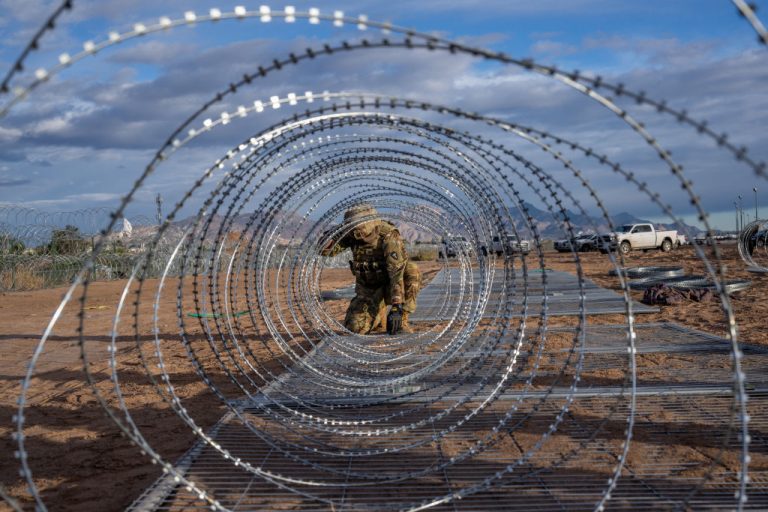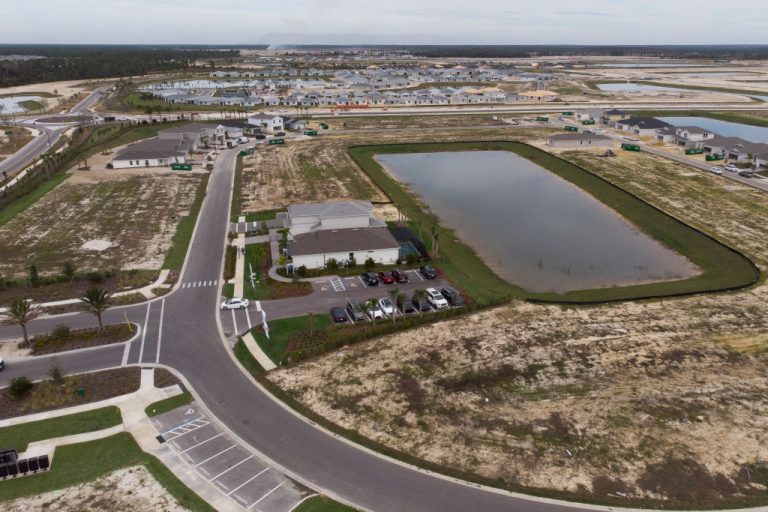On July 8, Hungary’s Prime Minister Viktor Orbán embarked on an unanticipated diplomatic journey to China, marking his latest effort in advocating for a peaceful resolution between Ukraine and Russia.
The visit follows closely on the heels of his trips to Kyiv and Moscow, where he proposed a ceasefire to put an end to Russia’s ongoing military aggression in Ukraine. Orbán’s whirlwind tour, dubbed “Peace Mission 3.0,” underscores his commitment to positioning Hungary as a mediator in the ongoing conflict.
RELATED: Russia and India Deepen Cooperation During PM Modi’s Moscow Visit
Orbán’s surprise visit to Beijing commenced with a social media post depicting his arrival, captioned “Peace Mission 3.0.” After arriving, he was greeted by Chinese Vice Minister of Foreign Affairs Hua Chunying and other officials. The visit also saw Orbán engage in talks with Chinese leader Xi Jinping, which were centered around seeking a peaceful resolution to the Ukraine conflict.
The Hungarian Prime Minister expressed the significance of China in the resolution process, stating, “The end of the war depends on the decision of three world powers, the United States, the European Union, and China.” The remark, which was also shared on his Facebook page, highlights Orbán’s belief in China’s pivotal role in facilitating peace.
Economic ties and discussions
Success
You are now signed up for our newsletter
Success
Check your email to complete sign up
But experts are noting that Orbán’s visit to China is not merely symbolic, but also a reflection of Hungary’s strong political and economic ties with the Asian giant. In recent years, Hungary has attracted significant Chinese investment — particularly in the electric vehicle (EV) sector — with companies like BYD setting up production facilities in the country.
During their meeting, Xi reiterated China’s call for a ceasefire in Ukraine. “Only when all major powers exert positive energy rather than negative energy can the conflict see the dawn of a ceasefire as soon as possible,” said Xi. The statement aligns with China’s long-standing position, which, despite being criticized in the West, underscores Beijing’s interest in a diplomatic resolution.
But China also finds itself in a complicated position where it must toe the line with Russia (arguably its most important ally) against international pressure and scrutiny over its “neutrality” in the conflict. In June, Ukrainian President Volodymyr Zelenskyy accused Chinese and Russian officials of pressuring other countries to not participate in peace talks related to the war.
“Russia, using Chinese influence in the region, using Chinese diplomats also, does everything to disrupt the peace summit,” said Zelenskyy during a news conference at the Shangri-La defense forum. “Regrettably this is unfortunate that such a big independent powerful country as China is an instrument in the hands of [Russian President Vladimir] Putin.”
RELATED: Navigating Sanctions: A Closer Look at the Complex Web of Sino-Russian Financial Relations
Orbán’s diplomatic marathon
Orbán’s visit to China follows his contentious meetings in Moscow and Kyiv. His approach has drawn both condemnation and cautious interest from various international agencies. In Moscow, Orbán faced backlash from Kyiv and European leaders who criticized his close relations with Putin. Despite the criticism, Orbán emphasized Hungary’s unique position as a European nation capable of creating “meaningful dialogue” with both sides of the conflict.
“The number of countries that can talk to both warring sides is diminishing,” said Orbán, adding, “Hungary is slowly becoming the only country in Europe that can speak to everyone.”
Future implications
Despite the optimistic goal, Orbán’s diplomatic endeavors have been met with mixed reactions. European Commission President Ursula von der Leyen criticized his visit to Moscow, asserting that “appeasement will not stop” Putin. She also emphasized that “only unity and determination” within the European Union (EU) would lead to a comprehensive and lasting peace in Ukraine.
RELATED: EU Leaders Pick von der Leyen for Second Term as Commission Chief
But Orbán remains undeterred — positioning his peace mission as a necessary step towards ending the conflict. His spokesperson revealed that the Hungarian leader’s next stop after Beijing would be Washington, where he plans to continue advocating for his peace proposals at a NATO summit hosted by U.S. President Joe Biden.
The upcoming meeting is expected to address not only the Ukraine conflict but also concerns about China’s role in supporting Russia through dual-use goods and other means.







